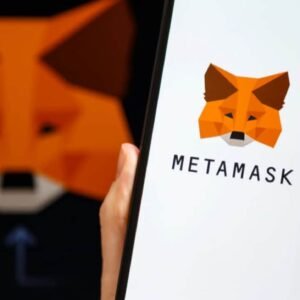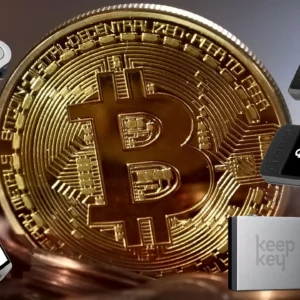Two significant participants in the constantly changing field of blockchain technology are Non-Fungible Tokens (NFTs) and Decentralized Finance (DeFi). Taken together, they have fundamentally changed the way we see digital assets and finance. But when these two forces come together to create a new period of possibilities, that’s when the real magic comes. We will examine the benefits of the combination of NFTs and Decentralized Finance in this blog article, as well as how it affects the blockchain sector and other areas.
Understanding Decentralized Finance (DeFi) NFTs:
Through the use of blockchain technology, Decentralized Finance, or DeFi, has completely transformed conventional financial institutions to offer inclusive and decentralized financial services. In contrast, Non-Fungible Tokens (NFTs) have allowed for the tokenization of unique assets by redefining provenance and ownership in the digital sphere.
Innovative financial instruments and investment opportunities within the NFT domain are made possible by the powerful fusion that results from the combination of these two technologies.
Let’s explore how the integration of DeFi and NFTs is changing the game.
Liquidity pools for NFTs: The idea of liquidity pools is among DeFi’s novel features. Gaining yield on otherwise illiquid assets is made possible by tokenizing NFTs and enabling users to contribute liquidity to these pools. Investing in decentralized NFT marketplaces allows investors to participate, which increases liquidity and makes the ecosystem more dynamic.
NFT Security in DeFi Protocols: NFTs are being investigated by DeFi platforms for use as collateral for loans and other financial services. This gives users more opportunity to interact with their digital holdings and unlocks the value of NFT assets. The options are endless when it comes to using your rare digital artwork as collateral to borrow money for other investments.
Yield farming and NFT staking: In DeFi, staking and yield farming have become well-liked practices that let users profit by entrusting their assets to smart contracts. NFT holders can now stake their tokens in specific DeFi protocols to get incentives for enhancing the functionality and security of the network.
NFTs on Decentralized Exchanges (DEX): Conventional NFT markets frequently use centralized trading systems. The idea of decentralized exchanges for NFTs is introduced by the incorporation of DeFi principles, offering users improved ownership control, transparency, and security.
In summary
At this point in the blockchain revolution, Decentralized Finance and NFTs are coming together. A tsunami of innovation that will completely change the digital environment is something we can anticipate as these two technologies continue to blend. The combination of DeFi and NFTs is bringing forth exciting potential for both investors and enthusiasts, whether it is through the creation of new decentralized financial instruments or the release of liquidity for unique digital assets. Keep an eye out for how this revolutionary trend develops and shapes the direction of non-fungible tokens and decentralized finance in the future.






